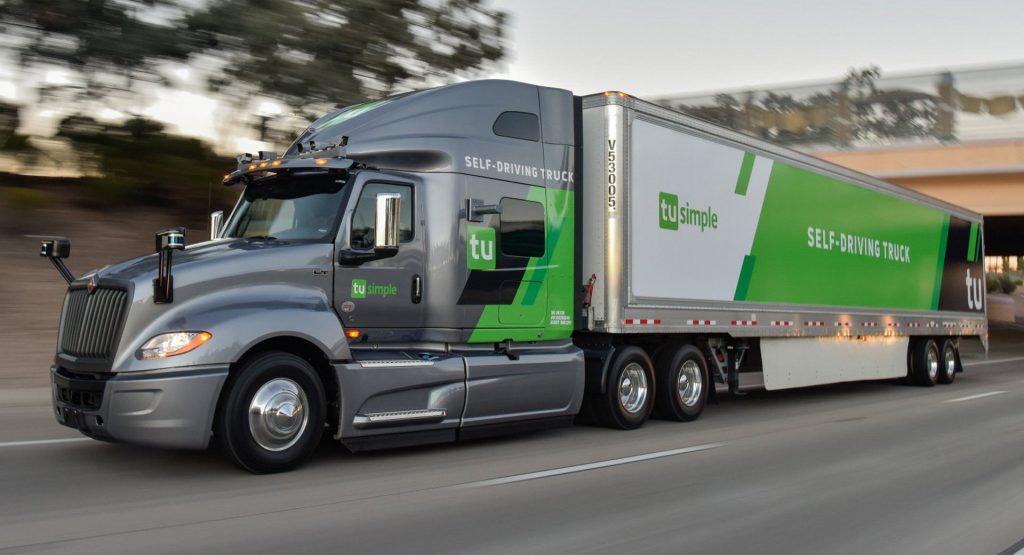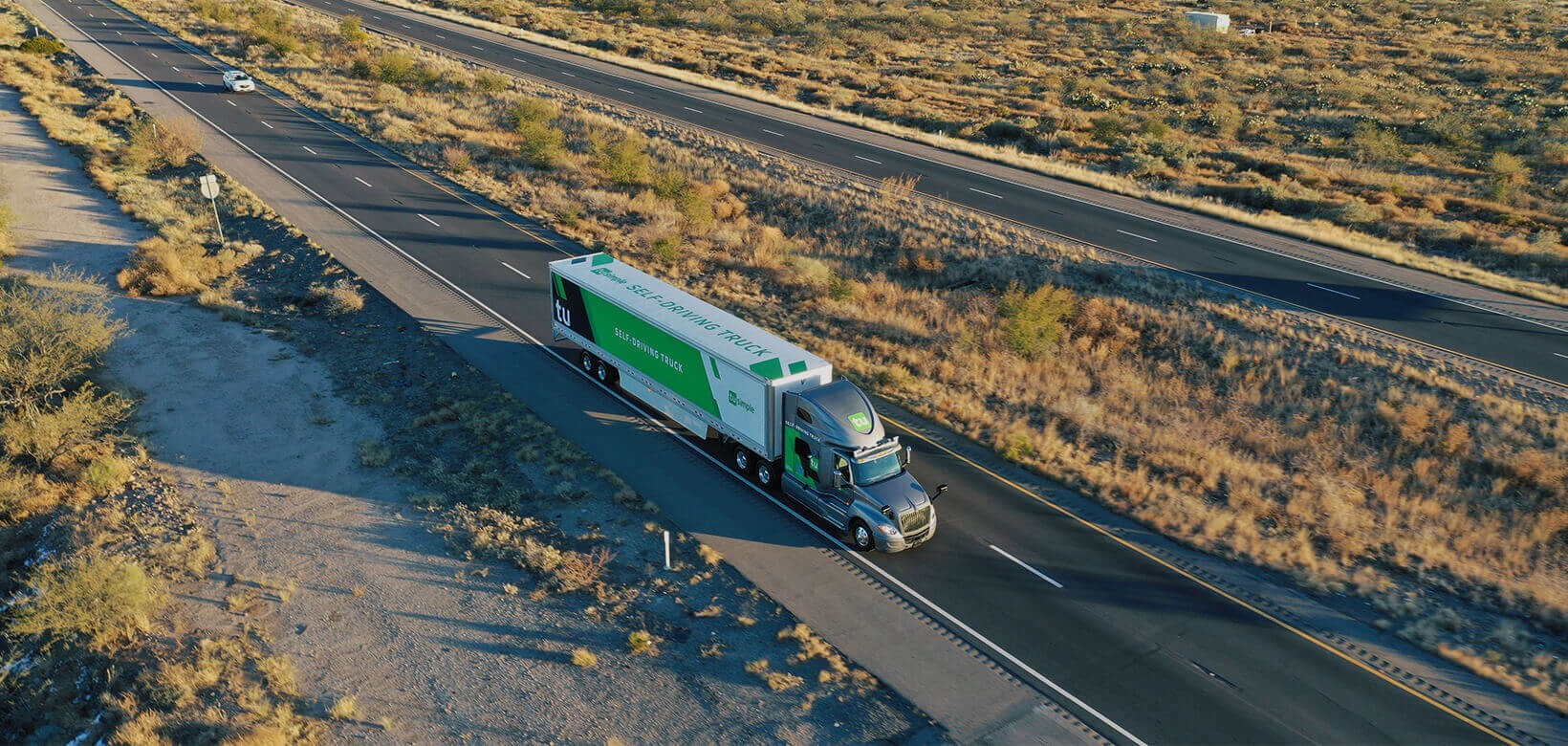The United States has dropped the ball on autonomous vehicle legislation, but that doesn’t mean the government isn’t keeping an eye on the technology.
Quite the opposite actually as the United States Postal Service has awarded TuSimple a contract to use its self-driving trucks to haul mail and packages between distribution centers in Phoenix, Arizona and Dallas, Texas.
The contract is limited in scope, but it calls for a two-week pilot program which will see TuSimple make a total of five round trips between the facilities. This is a distance of roughly 10,000 miles (16,093 km) altogether.
Each leg of the journey will take approximately 22 hours and include stints of nighttime driving. To ensure nothing goes wrong, each semi will have a driver and safety engineer on board. They will continuously monitor the vehicle’s performance and ensure other road users remain safe.
Despite the limited nature of the pilot program, TuSimple is excited about its potential as the company said “freight that flows along I-10 corridor accounts for 60 percent of the total economic activity in the United States.” The startup went on to say “Long-haul routes with short turnaround times, such as this 22 hour journey, are well suited for self-driving trucks because they are normally accomplished with driving teams of two.” Besides the costs associated with having to pay for two drivers, TuSimple said it’s hard for companies to find people who are willing to drive these routes due to “overnight driving requirements, the need to share close quarters with another person and a significant truck driver shortage.”
Also Read: Daimler To Invest On Autonomous Trucks, Level 2 Rig On Sale This Year
For its part, the Postal Service is looking into the feasibility of autonomous delivery vehicles as they could improve safety, increase fleet utilization rates and cut costs. The latter is important as the Postmaster General told the United States House of Representatives that the service lost $3.9 (£3 / €3.5) billion last year and had total liabilities of more than $447 (£352 / €401) billion.





